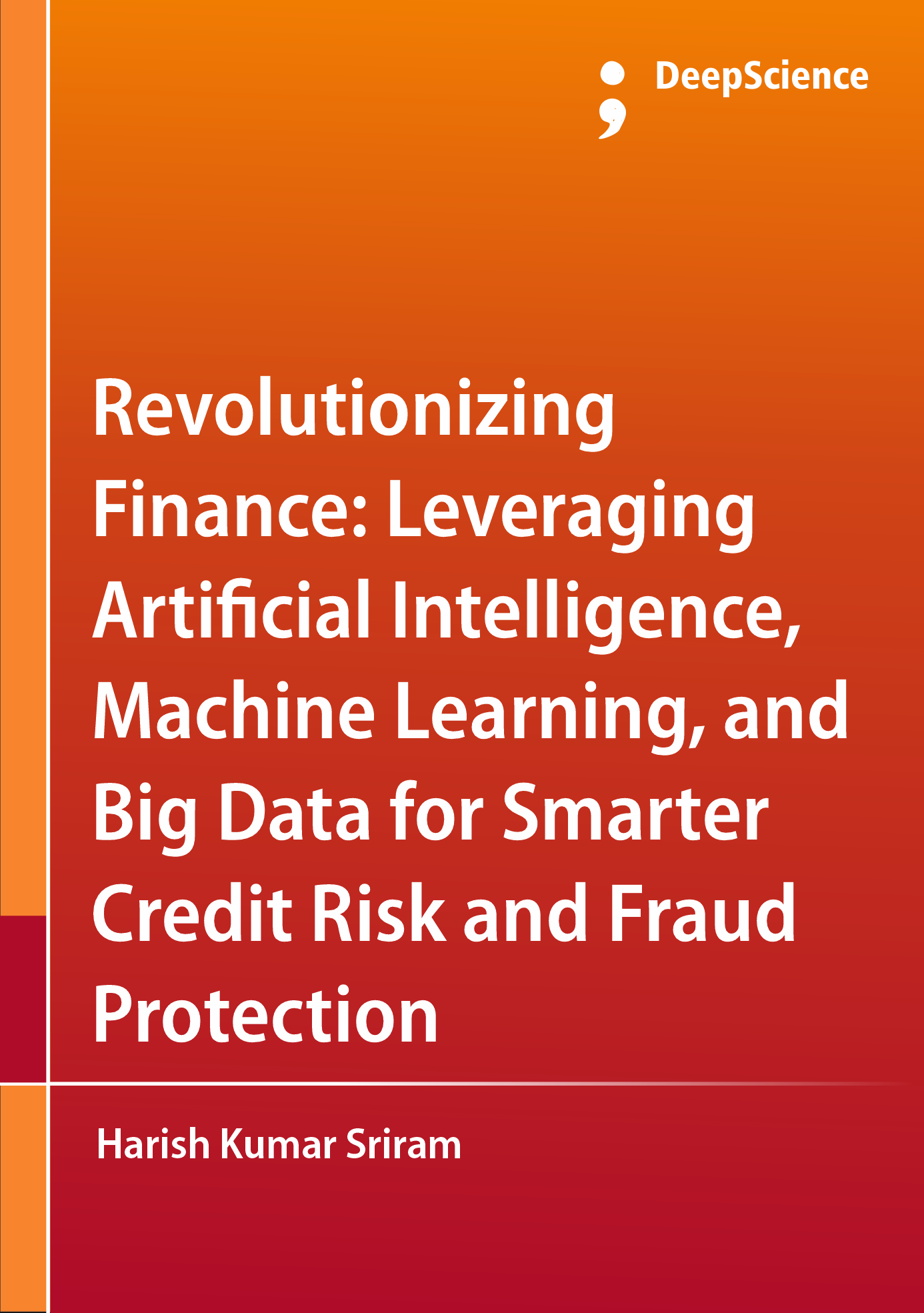Data quality, bias, and ethics: Challenges in algorithmic credit decisions
Synopsis
Artificial intelligence and machine learning are enabling financial institutions to expand access to credit. It has allowed for a democratization process that makes credit available to millions of 'real people with real families with real dreams.' Beyond the philosophical issues brought by the use of AI, a critical aspect of any credit decision is trust: that we can trust the bank to identify who can or cannot access credit; and that credit decisions are not serving as vehicles to sift.
Unreliable data may drive undesirable outcomes. Among the most severe negative externalities is that financial institutions may inadvertently sort out plaintiffs for premiums that make access to credit expensive. Moreover, there are financial markets that are underbanked and for which AI and alternative data sources have the potential to open doors for thousands of individuals. However, as the risks are barely non-identical commingling that remains unresolved, developing counter-majoritarian machines with broader training can deliver unjustified or over-stochastic outcomes. The gender, ethnicity, and nativity biases are not an example; they are just the tip of the iceberg. Underbanking and affordability of finance are major issues faced by many individuals and families around the world, and the advancement of more considerate AI algorithms aiming at minimizing information asymmetries within the financial sector can contribute to tackling these problems.













